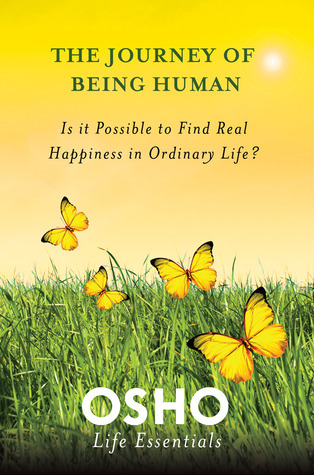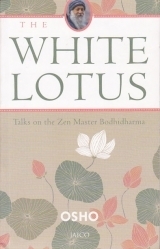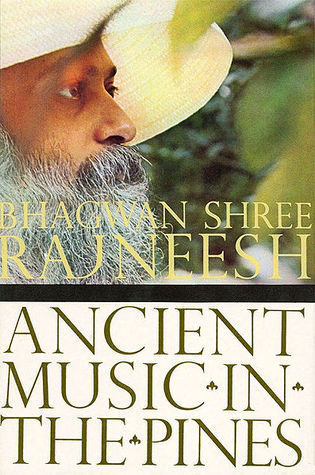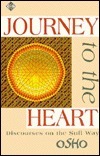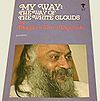
My Way: The Way of the White Clouds
Book Description
Dare to break free from the shadows of societal norms and ignite your inner flame with the transformative teachings of Osho in 'My Way: The Way of the White Clouds.' Each page pulses with the urgency of self-discovery, revealing profound insights that challenge the very fabric of conventional wisdom. Journey through the corridors of the mind, as Osho dismantles fears and unveils the raw beauty of authentic living. This is not just a philosophy; it's a vibrant call to action, urging souls to embrace their truth in a world that demands conformity. What will it take to unleash the true you?
Quick Book Summary
"My Way: The Way of the White Clouds" by Osho is a thought-provoking exploration of spiritual awakening and the pursuit of authentic living. Through a blend of philosophical insights, reflective stories, and transformative questions, Osho challenges readers to move beyond societal expectations and conditioned responses. He encourages embracing individuality, facing inner fears, and cultivating mindfulness. The book serves both as a guide and a gentle push to question the status quo, urging readers to connect with their inner selves and live with greater freedom. Osho’s wisdom is rooted in Eastern spiritual traditions, but his message is universally relevant, advocating for open-mindedness, courage, and a life led by inner truth rather than external conformity.
Summary of Key Ideas
Table of Contents
The Courage to Be Yourself
Osho asserts that personal transformation begins with the courage to be oneself. He argues that many people live their lives wearing social masks, burdened by expectations that stifle genuine expression and creativity. To break free, one must recognize these self-imposed limitations and dare to shine their true inner light. Osho posits that only through embracing one’s uniqueness can personal fulfillment and peace be attained. He invites readers to ask uncomfortable questions of their beliefs and practices, forging a path toward authentic existence.
Transcending Societal Conditioning
A central theme is the impact of societal conditioning. Osho illustrates how from early childhood, individuals are shaped by culture, religion, and education, which dictate norms for behavior and success. He emphasizes the importance of unlearning these ingrained habits and replacing them with self-awareness. He encourages mindfulness as a way to observe one's thoughts and motivations without judgment, enabling the unraveling of deep-seated fears and unconscious patterns that govern much of human behavior.
Embracing the Journey of Awareness
The journey of awareness, Osho explains, is less about following a prescribed path and more about awakening to moment-by-moment consciousness. The metaphor of the white clouds represents this journey: moving effortlessly with the wind, unattached and free. By cultivating awareness, individuals can respond authentically to life, rather than reacting reflexively. Osho provides practical guidance for meditation and inner reflection, suggesting that awareness brings clarity, freedom, and joy to everyday life.
Living in the Present Moment
Living in the present moment is another transformative practice Osho advocates. Instead of dwelling in regrets about the past or anxiety about the future, he urges living with total involvement in the now. He discusses how mindfulness infuses life with beauty, allowing one to appreciate the simple joys and mysteries of existence. By being present, individuals open themselves to greater love, creativity, and connection, both with themselves and the world around them.
Detachment and the Art of Letting Go
Finally, Osho examines detachment—not as indifference, but as the art of letting go without resentment. He encourages letting go of attachments to possessions, identities, and rigid beliefs, which frees the soul to experience life unburdened. This detachment leads to peace, resilience, and an ability to navigate change gracefully. Ultimately, Osho portrays the spiritual journey as an unfolding adventure—one where liberation, joy, and truth are not distant goals, but ever-present realities for those willing to walk their own way.
Download This Summary
Get a free PDF of this summary instantly — no email required.
